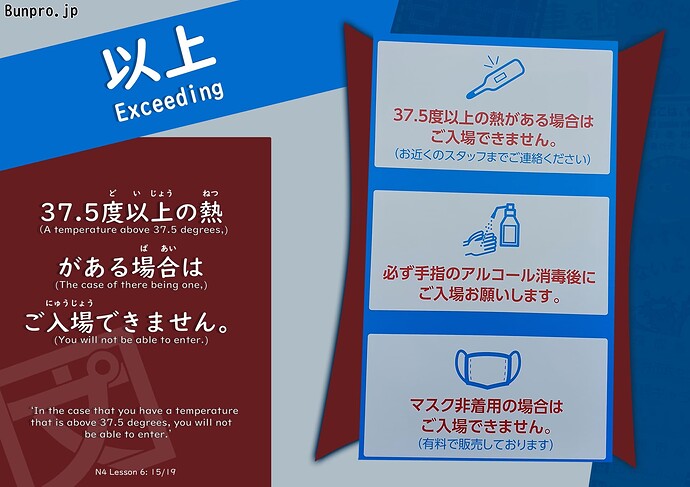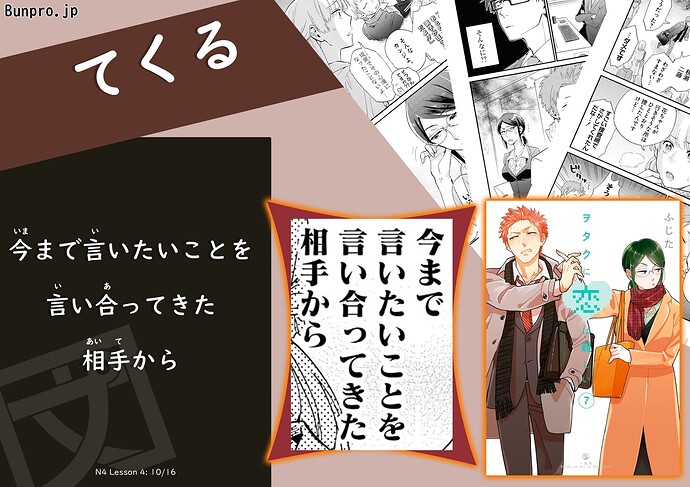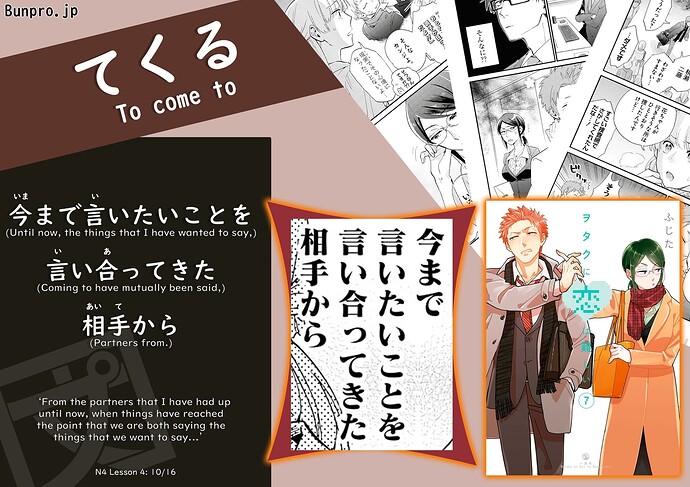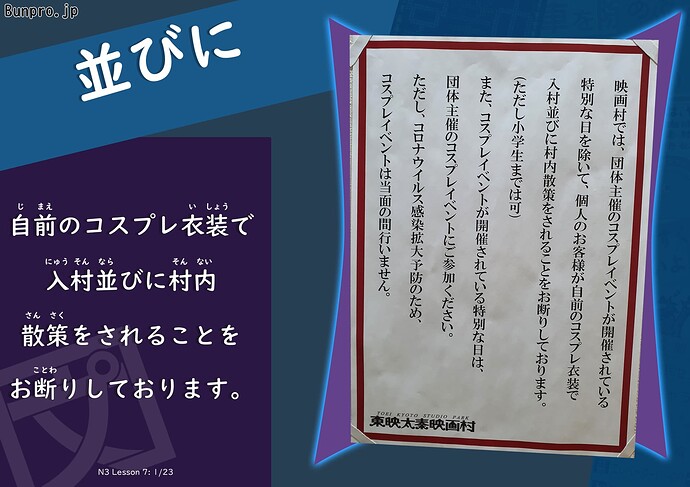37.5度以上の熱がある場合はご入場できません
お近くのスタッフまでご連絡ください
必ず手指のアルコールル消毒後にご入場お願いします
マスク非着用の場合はご入場できません
有料で販売しております
Translation
You are not allowed to enter if you have a fever of 37.5 degrees or higher.
Please contact the nearest staff member.
Please always enter after washing your hands and fingers with alcohol.
You are not allowed to enter without wearing a mask.
Masks are available for purchase.
Use case
日本人にとってその文は難しいことすらもあります。
This grammar point can even be difficult for Japanese people.





